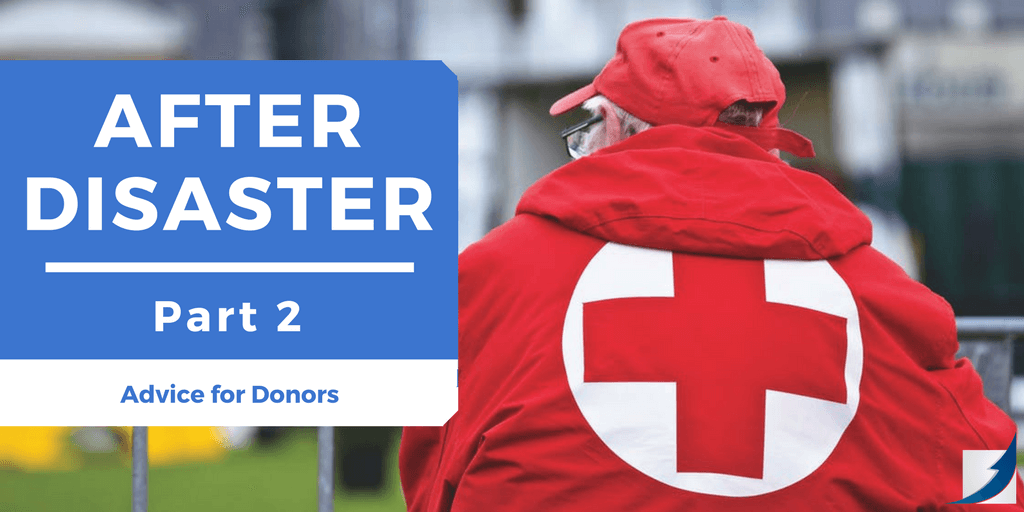From Texas to Florida, Puerto Rico and throughout the Caribbean, to the Carolinas, and Mexico, the images are heartbreaking. Property and lives have been shattered by Hurricanes Harvey, Irma and Maria, as well as the devastating Mexican quake that has killed hundreds. And whether it’s texting to give ten dollars, tuning in to a telethon, or some other appeal, Americans are being asked to give — and give some more.
On the heels of these disasters, CBS News interviewed David Munshine, President and Chief Executive Officer of The Munshine Group, for his advice for nonprofit organizations and donors. The insights for charities were shared in our previous blog post, and now we have some of what David told the network about what donors need to know. He told CBS:
I’m located in New Jersey, and in New Jersey and New York there are many lessons that have been learned from Superstorm Sandy. First was that while these disasters tend to bring out the best in human nature, unfortunately they can also be breeding grounds for scams. They bring out the worst in our nature, too. And so it’s very important for donors to take the time to do a little bit of vetting. There are sites like Charity Navigator and other watchdog sites that will be very helpful for donors in making sure that they’re not giving to a scam. Be wary of new charities that seem to have popped up overnight in response to a storm. Oftentimes, these will not be legitimate. Also, some organizations were much, much better at taking in the money than giving it out in a timely fashion.
All of that means donors need to do their homework:
Donors need to be sure that they’re not going to be the victims of scams, and that donors are going to be satisfied with the goals of the individual gift that they give, and that also includes, for example, does the donor need to know that the funds are going to be used entirely for a specific storm or disaster, or is it okay with the donor if the charity uses it at its discretion? Sometimes a charity takes in more money than it can use for a given storm.
David also addressed the use of increasingly popular crowdfunding sites:
Some charities raise money through sites like GoFundMe, but individuals raise money this way as well. So if you want to support an individual or non-charitable organization, it’s very important for the donor to understand if they’re looking for a tax deduction, they will only get that — or be entitled to it — if they give directly to a charity.
So, David told CBS, donors can and should take their time in planning their gifts:
There’s this immediacy that many donors feel — I have to do something — but because the needs will persist, again, not just for months but for years, there really is time. Whether it’s ten minutes through a Google search or whether it’s ten days or even ten weeks, donors really do have the opportunity. And if it’s important to them, they really ought to take the time to understand.
Whether for donors or nonprofits, we at The Munshine Group always take the time to understand the issues. We are here to discuss your fundraising, communications, strategy and implementation needs.


